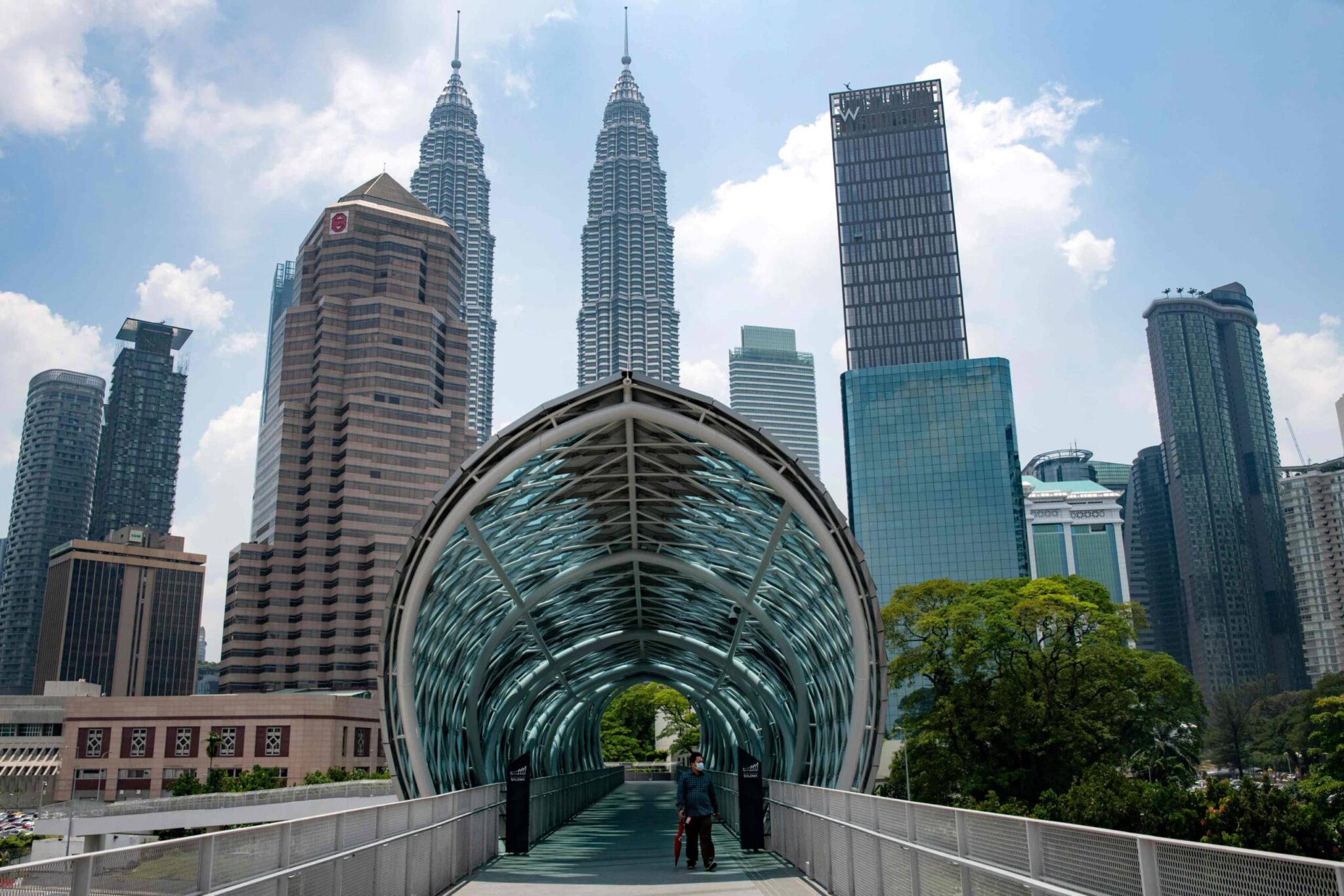DISHING out targeted subsidies is the right policy moving forward for Malaysia as this will likely reduce wastage while ensuring better utilisation of scarce resources.
Moreover, economists also concur that the time is now for the government of the day to ensure that subsidies are provided to vulnerable groups that need them rather than availing them to those who are deemed financially-sound in the quest to preserve the depletion of resources in times of lower growth.
With the narrow fiscal space, the government must re-consider its subsidy policy, according to Senior Fellow at the Malaysian Institute of Economic Research (MIER) Dr Shankaran Nambiar.
“This is important since we do not have ample resources, neither is there a need to extend subsidies across all sections of the population,” he opined. “The savings can be ploughed back to support those in greatest need. This will be particularly useful as we head towards lower growth next year.”
Socio-Economic Research Centre (SERC) executive director Lee Heng Guie stresses the need for the government to move from universal subsidies on fuel, gas, and electricity to targeted subsidies based on income and needs by leveraging the national data system to identify those eligible for support.
By reducing drastically the cost of subsidies while protecting the vulnerable and B40 households, savings derived from such exercise can the ploughed back to support those in greatest need of assistance.
Newly minted Prime Minister-cum-Finance Minister Datuk Seri Anwar Ibrahim had said recently that the country is reviewing its government subsidies programme with the aim to direct money toward low-income groups amid rising cost of living and the period of slow growth.
“Subsidies must be targeted, otherwise those subsidies are enjoyed not just by the low income group but also the wealthy,” justified Anwar after chairing a special meeting by the national action council on the cost of living with government departments and agencies recently.
Malaysia offers subsidies to all citizens with fuel and cooking oil accounting for the biggest expense in addition to electricity, water, sugar, chicken, eggs and flour, among others.
The previous approach of broad subsidies has not been able to effectively address the cost of living problems, especially among low-income and poor Malaysians.
The previous government has thus far allocated RM77.7bil in subsidies – the largest in Malaysia’s history – to ease the people’s cost of living with the expenditure projected to hit RM80 bil this year amid soaring inflation.
And this figure does not even include other welfare assistance such as Bantuan Keluarga Malaysia, according to former PM Datuk Seri Ismail Sabri Yaakob on Nov 17. – Dec 4, 2022









